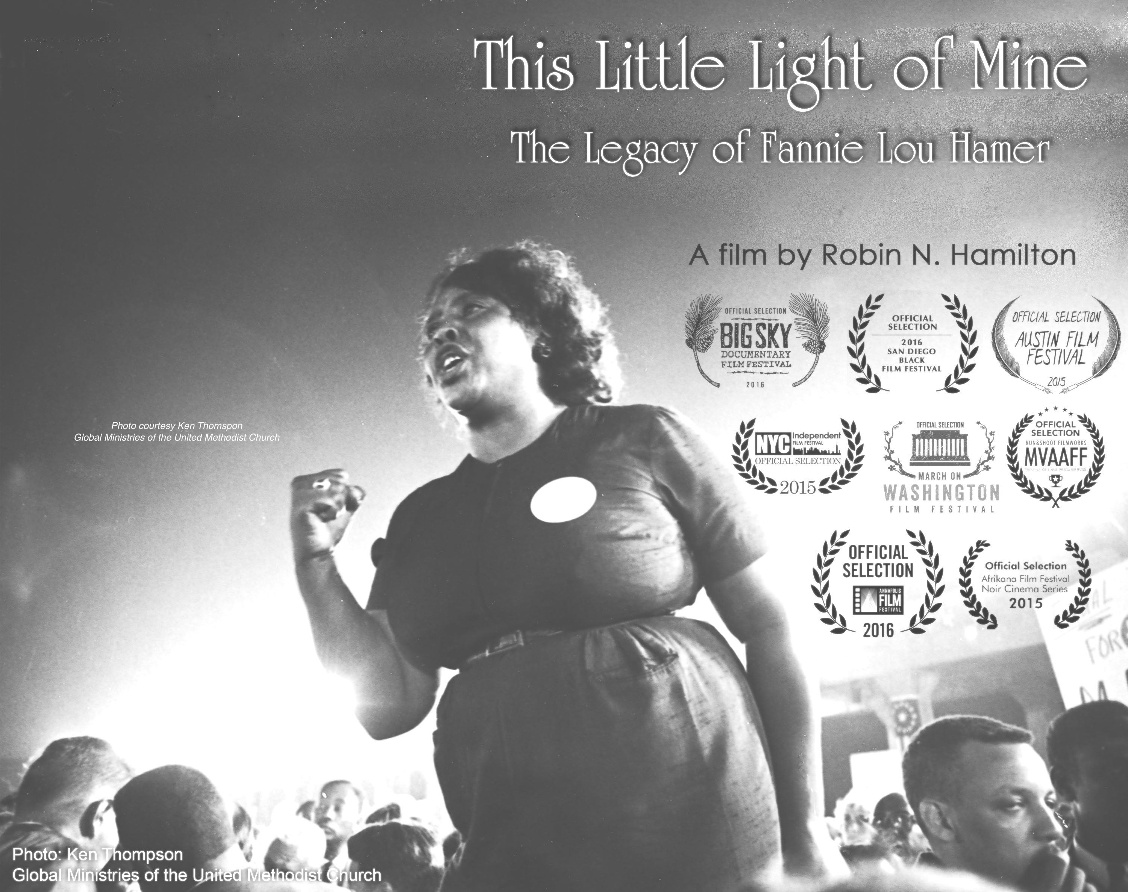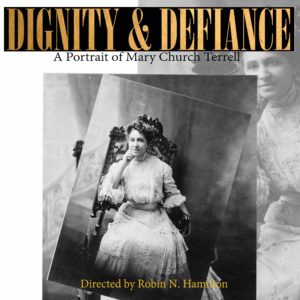Mary Church Terrell Speech
Mary Eliza Church Terrell is considered a living connection between the age of the Declaration and the modern civil rights movement. She was born in Memphis in 1863 and was active until her death in 1954. Terrell was the first chairman of the Colored Women’s National Association (NACW) which was established in 1896. Terrell makes a stirring plea for unity, activism, and race pride for her first presidential address to the NACW, given in Nashville on September 15, 1897. The following is the speech, written in 1990 in the Library of Congress from its original manuscript: “In Union there is



